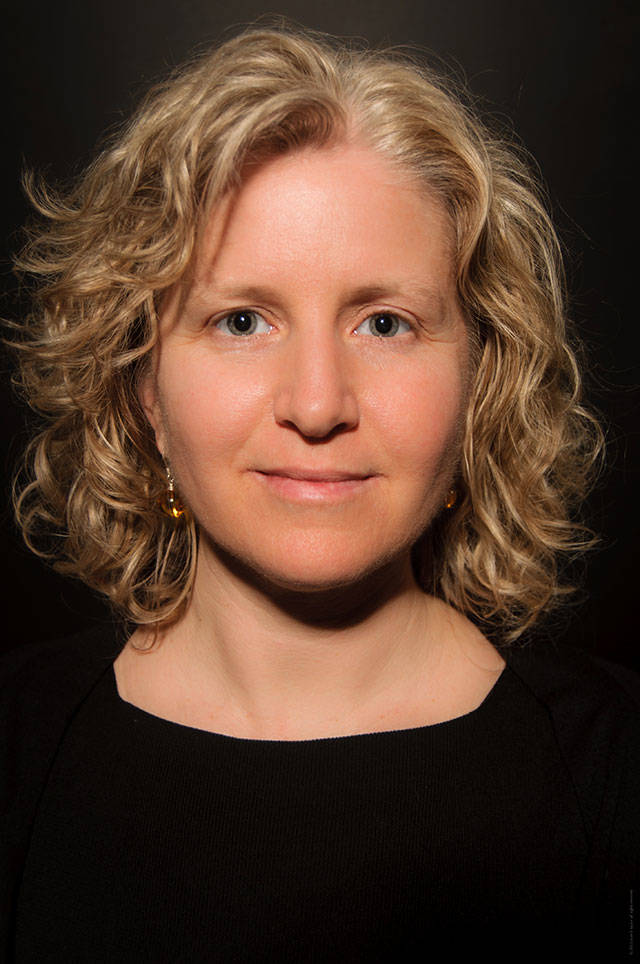The really cool thing about living in the United States of America is that our culture respects and encourages diverse options. We are a melting pot, and singular answers to life’s questions rarely prove to be the “one and only” way of doing things.
When SARS-CoV2, the virus which causes COVID-19, was confirmed present in Washington state, our family asked a common question: “What can we do about this?” There are many answers which I understand and respect. Today, I explain the why and how of our family’s response.
Each family has its own constellation of factors to consider. These are mine. My husband turns 65 this month and works 100% from home. I have two paid jobs placing me in highly public situations. One son is enrolled at Seattle Central and his daily commute includes two ferries, two buses, and two light rail trips. My other son departs for Europe on April 15. My mother (returning home soon) is in her 70s. Fifty percent of my community is 55 or older, including many people battling cancer or otherwise immuno-compromised, and my community has an artery of humanity flowing daily to and from Seattle.
Our family threw all of those factors into the blender of life and came up with a smoothie that is mostly lump-free. We call it “island quarantine,” with a few exceptions. Before we explore what this looks like, let me address the question: “Why are we doing anything at all?”
SARS-CoV2 is not influenza; it is a novel coronavirus not before seen in humans. SARS-CoV2 has a relatively high reproduction rate. The number of new infections generated by an infectious person is currently shifting and is globally agreed to be worrisome. The upshot is that actions taken to reduce the spread “sooner than later” are particularly valuable. Imagine trying to prevent climate change in the 1970s, compared to today. The trouble, now and then, is deciding whether a risk is “real enough” that we should inconvenience ourselves. What if we freak out over nothing?
Our family places a high value on staying home when sick, so partial self-isolation makes sense to us. My husband no longer goes to the gym or cafe. My son no longer physically attends classes at Seattle Central College (by now, many colleges and universities in the Seattle area have eliminated in-person classes). My other son has moved back home and his partner (whose family is in Seattle) is mostly staying on-island. Going to Seattle is very rare, and when I did for an appointment with a surgeon, I wore gloves, sanitized often, avoided physical contact, then immediately washed my clothes, showered, and sprayed the car down with Lysol when I got home. No one is allowed to visit without careful consideration. I no longer take my dog (a Boston Terrier that people love to pet and cuddle) into public areas. And lastly, our family is sleeping plenty, staying hydrated, eating healthy, taking supplements, and making the most of our decision, which brings me to the most important factor in all of this: attitude. My family’s approach to this situation is cautious awareness and empowerment through meaningful action. We intend to make quarantine as comfortable and effective as possible. But that doesn’t mean that it’s easy. American schools serve as government childcare for many parents, and a school closure directly impacts many bottom lines.
I experience this tension personally. I have work obligations that require me to participate in large community gatherings with hundreds of individuals. As Public Health – Seattle & King County is only recommending, rather than requiring, that people avoid large group activities, we are left to decide for ourselves. My solution was to create a 100% no contact work method. Despite this, my work was canceled this past Sunday and I lost about $300, which is hard on the bank account. But what if it helps us nip this emergency in the bud and saves lives? What life is not worth far more than $300?
Life is complex. We all inherently care about our loved ones and others. What you do, is your choice to make, and no one should judge you. (The two big caveats being, stay home when actively sick, and do not break medically-ordered quarantine if you are suspected or confirmed to have COVID-19.)
March Twisdale is a 16-year islander who produces two radio shows for Voice of Vashon.



